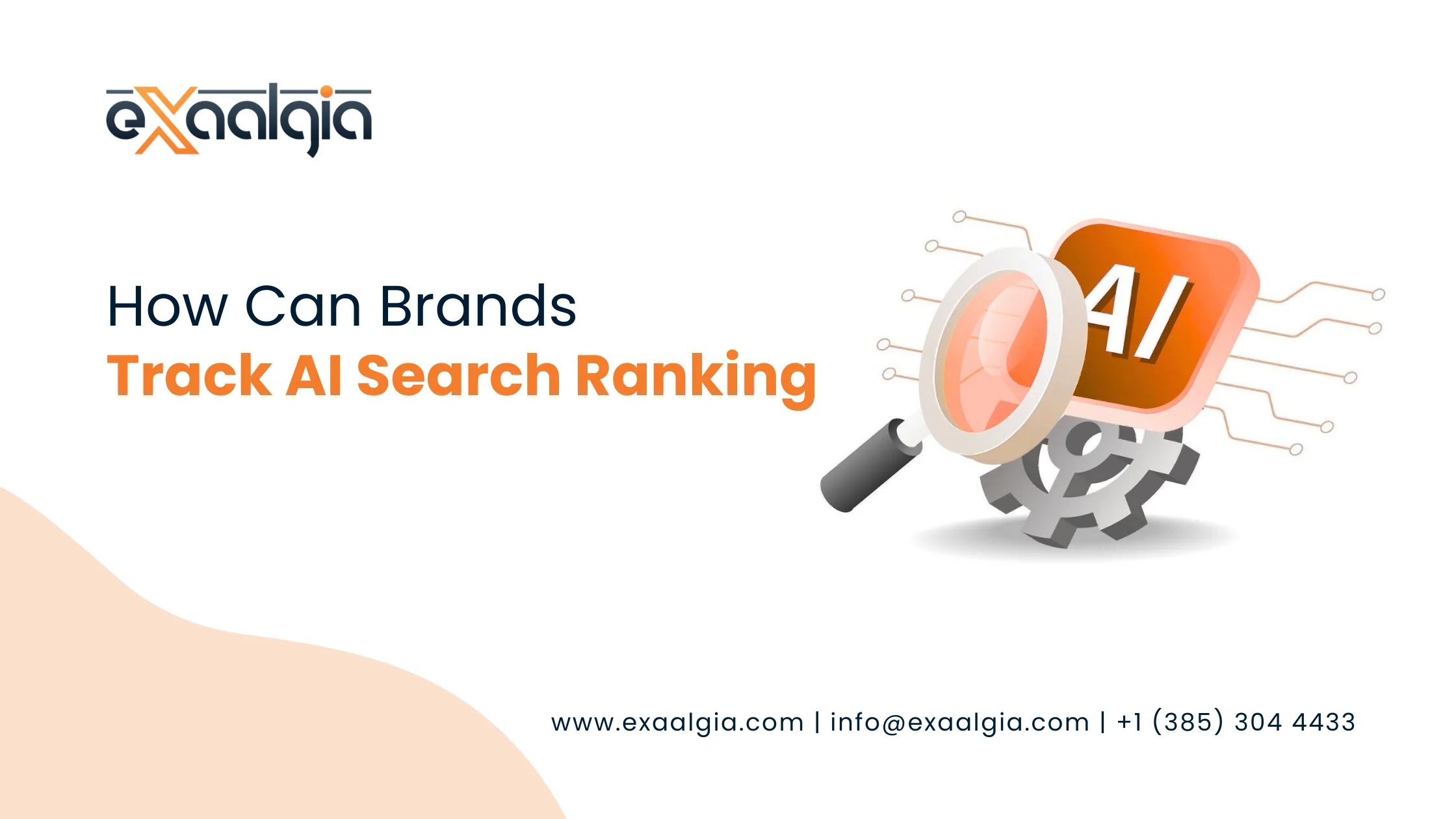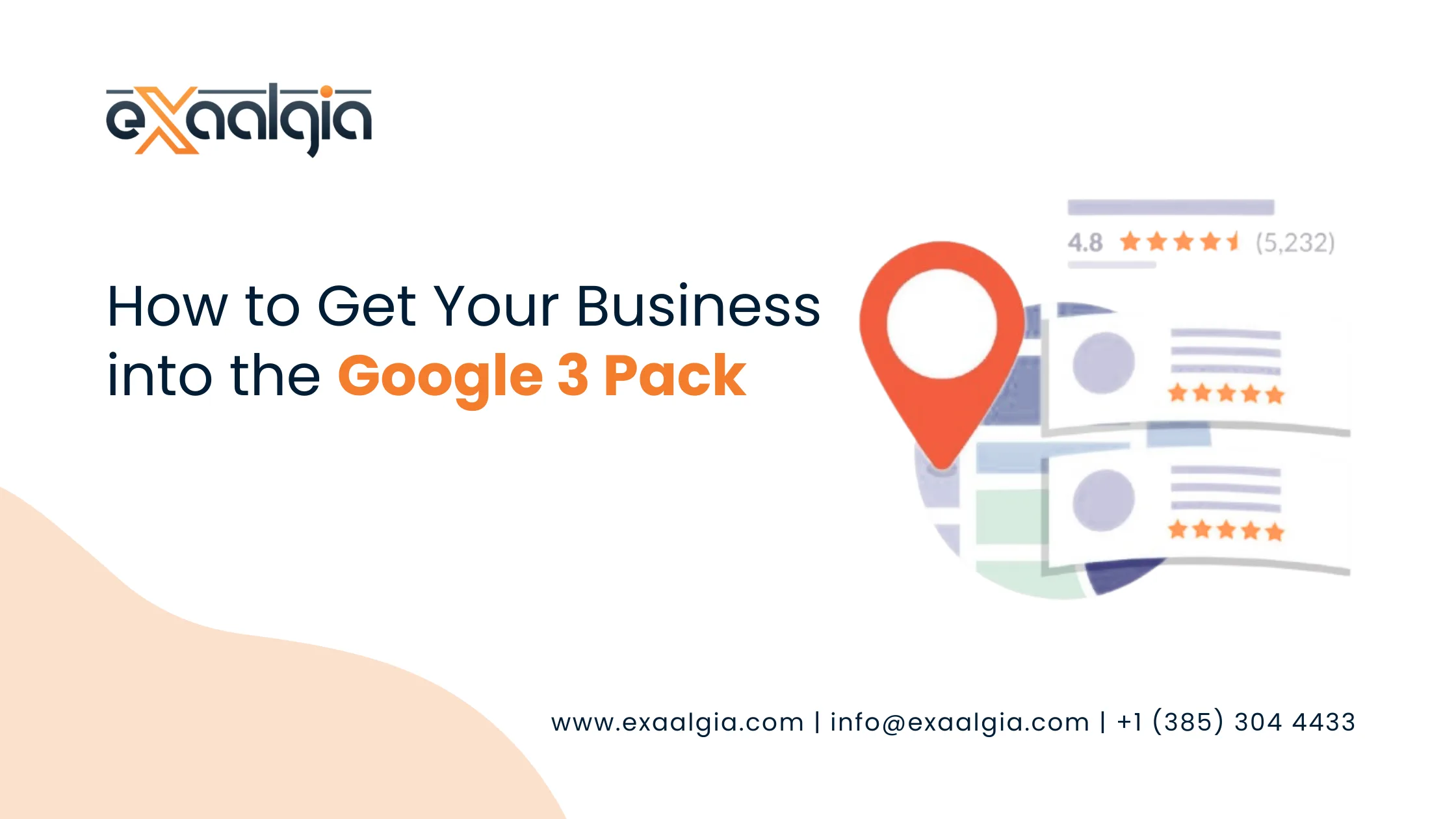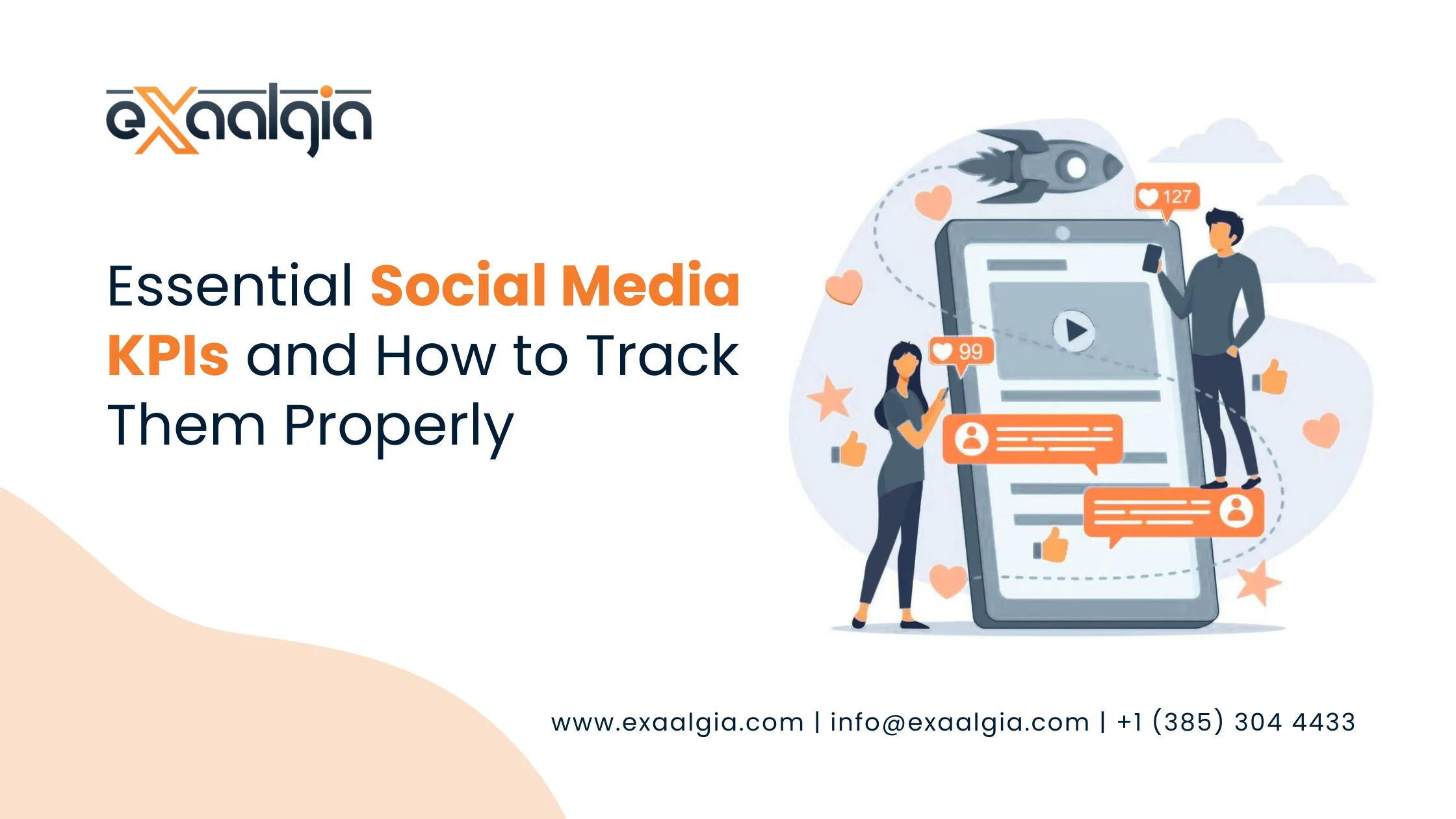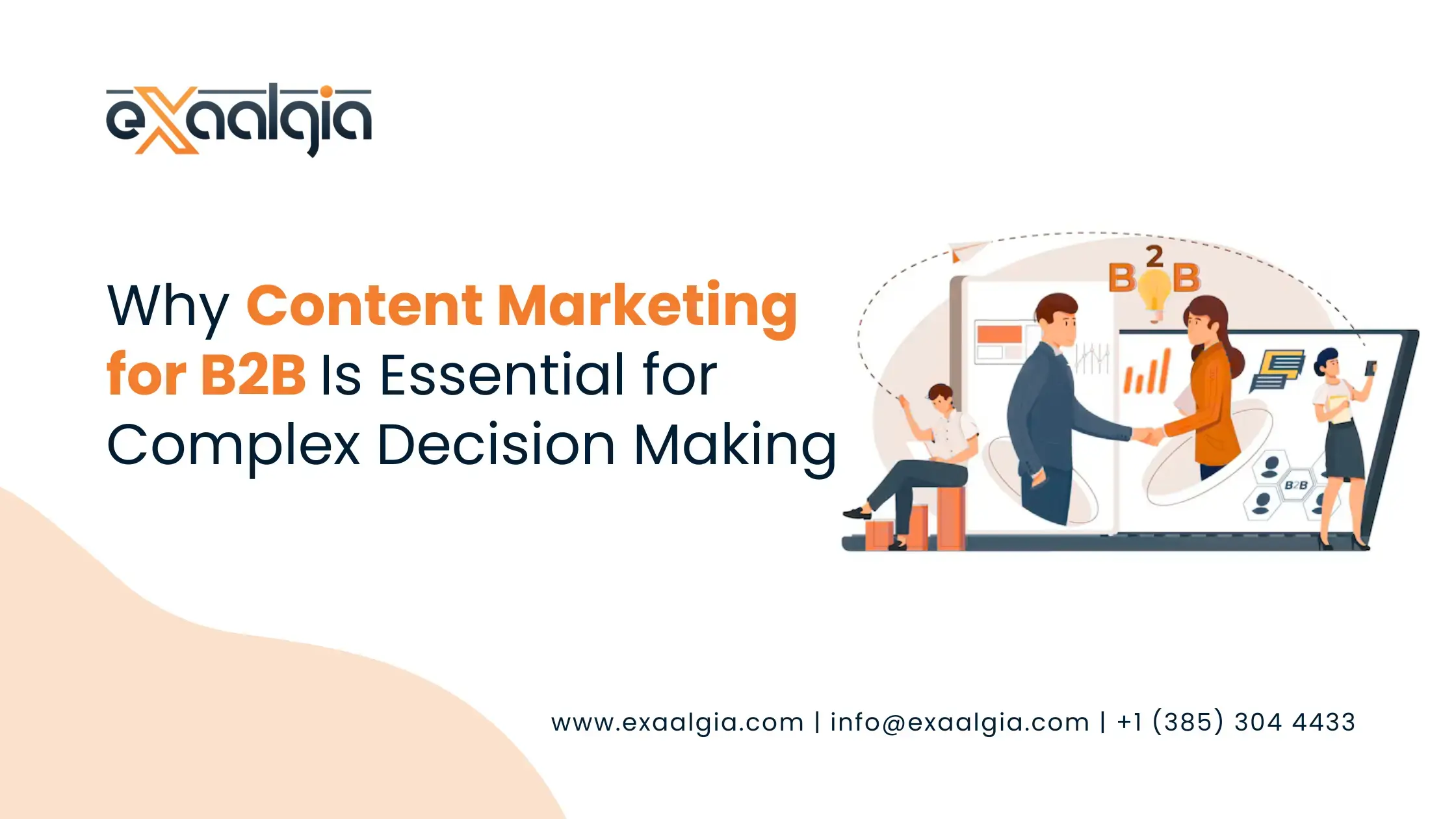But here’s the truth many businesses overlook, choosing and using your primary keyword isn’t just about inserting a phrase into your content. It’s about building a strategy that speaks to both search engines and your customers. Done right, it improves visibility, drives traffic, and ultimately boosts your bottom line.
This in-depth guide from SEO experts at Exaalgia will show you how to use a primary keyword effectively, avoid common pitfalls, and future-proof your digital marketing strategy.
What Exactly Is a Primary Keyword?
A primary keyword is the main search term or phrase you want any single page of your website to rank for. Think of it as the headline act of your SEO show.
For example:
- A fitness blog could use “home workout plan” as its primary keyword.
- An e-commerce store might choose “buy wireless headphones online”.
- A dental website would benefit from “local dentist near me”.
Your primary keyword acts as the central theme of your content, around which secondary keywords and long-tail variations are built.
At Exaalgia SEO services, our team of experienced digital marketing experts often says: “If your website doesn’t have a clear primary keyword per page, search engines don’t know what you stand for, and neither will your customers.”
Why Your Primary Keyword Matters in SEO
Your primary keyword is the single biggest factor in how search engines like Google understand your page. From a customer perspective, it also ensures your message is clear. Here’s why it’s so important:
Search Engine Clarity:
Google’s crawlers use your keyword to figure out what your content is about.
User Experience:
Visitors quickly spot whether your page solves their exact problem.
Higher Rankings:
Optimized keyword targeting boosts your search engine rankings.
Content Focus:
It gives your page structure and prevents writing from going off-topic.
When blended with on-page SEO, link building, and content marketing strategies, a well-placed keyword makes it far easier to climb to page one of Google.
How SEO Experts Choose Your Perfect Primary Keyword
Exaalgia, ia a trusted SEO company, our experts follow a system to identify target keywords that actually drive results. You can follow the same steps:
1. Know Your Audience
Before tools and analytics, you need empathy. Step into your customer’s shoes, what would they type into Google when seeking your solution?
2. Do Keyword Research
Leverage tools like Google Keyword Planner, SEMrush, or Ahrefs. Look for keywords with a healthy mix of search volume and low-to-medium competition.
3. Match Search Intent
People search with different goals:
Informational: Ex: “What is link building?”
Navigational: Ex: “Exaalgia SEO company”
Transactional: Ex: “Hire SEO experts online”
Pick a primary keyword that matches the purpose of your webpage.
4. Check Competitors
Your competitors are a goldmine. If another digital marketing agency is ranking with a certain keyword, study why and look for gaps.
5. Confirm Relevance
Always prioritize relevance over volume. A keyword that doesn’t align with your service (like PPC management content ranking for “free templates”) won’t generate business.
Where (and How) to Place Your Primary Keyword
Placement is everything in SEO. The goal is to help search engines and users easily understand your page. Here are the best places to feature your primary keyword naturally:
- Title Tag – “The Best SEO Company for Small Business Growth”
- Meta Description – Mention it while writing a compelling snippet.
- URL Slug – Example: yourdesi.com/seo-services
- H1 Headline – Your page title should always include the keyword.
- Subheadings (H2/H3) – Sprinkle it in catchy headings for context.
- Body Copy – Integrate it naturally (avoid stuffing).
- Image Alt Text – Helps both with accessibility and website optimization.
- Conclusion – Reinforce the core keyword at the end.
Pro-tip from Exaalgia’s SEO experts: Keyword placement is about emphasis, not repetition. Quality content optimized around your primary keyword will always beat over-optimized spammy pages.
Keyword Mistakes That Could Be Hurting Your Rankings
Even seasoned marketers sometimes trip up with keyword usage. Here are pitfalls you should steer clear of:
- Keyword Stuffing: Adding the same keyword excessively destroys readability.
- Multiple Primary Keywords: Each page should focus on one central idea.
- Ignoring Long-Tail Keywords: These often convert better than generic ones.
- Chasing Irrelevant Traffic: Ranking for a keyword your audience doesn’t care about won’t help.
- Forgetting Search Intent: Traffic without conversions = wasted effort.
That’s why SEO services from a professional digital marketing agency like Exaalgia include ongoing keyword refinement. The right approach turns search traffic into paying customers.
How to Optimize a Page for Your Target Keyword
Let’s say your fitness website decides the primary keyword is “home workout plan.” Here’s how to optimize:
- Title Tag: “The Ultimate Home Workout Plan for Beginners”
- Meta Description: “Discover a simple yet powerful home workout plan. No equipment, total fitness.”
- H2: “Why a Home Workout Plan Works”
- H2: “Step-by-Step Daily Routine for Beginners”
- Integration: Use “home workout plan” throughout while adding terms like “at-home fitness” and “no equipment exercises.”
This SEO strategy works across industries, whether you’re offering local SEO services, content marketing, or website optimization solutions.
How Secondary Keywords Boost Your SEO Authority
A single primary keyword is powerful, but the secret sauce comes from layering it with supporting keywords like:
- Synonyms
- Common variations
- Related long-tail keywords
For example: If your main keyword is “SEO experts”, supporting terms might include “professional SEO company,” “best SEO services,” or “trusted SEO consultants.”
This semantic richness helps Google understand that your content is comprehensive and authoritative.
How Many Times Should You Use a Primary Keyword?
There is no magic number anymore. Google’s algorithms now account for user intent, quality, and natural language. As SEO experts, we follow this guideline:
- Mention it once every 100–150 words naturally.
- Prioritize strong placement in titles, meta tags, and subheadings.
- Focus on user readability over repetition.
Why Businesses Choose Exaalgia
When done right, optimizing your site with a primary keyword delivers compounding benefits:
- Higher rankings in Google
- Increased organic traffic
- Better user engagement and dwell time
- Improved conversion rates
- Authority in your niche
Combine this with services like link building, PPC management, and social media marketing, and your entire brand visibility skyrockets.
The Future of Keywords and SEO
The concept of primary keywords will remain important, but how we use them is changing with:
- Voice Search Growth – More conversational queries.
- AI Algorithms – Smarter understanding of content context.
- Content Quality Evolution – Comprehensive, engaging writing matters more than ever.
That’s why forward thinking businesses partner with SEO companies like Exaalgia, who stay ahead of algorithm updates and adapt strategies.
Actionable Tips from Exaalgia’s SEO Experts
- Assign one primary keyword per page.
- Use keyword maps to avoid overlap.
- Update old content with better keyword targeting.
- Balance SEO with engaging storytelling.
- Monitor performance using Google Analytics and Search Console.
Make Your Primary Keyword Work with Exaalgia
Your primary keyword is much more than just “one word you want to rank for.” It’s the cornerstone of your entire SEO and digital marketing strategy.
By choosing it wisely, placing it intentionally, and pairing it with supporting strategies like on-page SEO, content marketing, and link building, you amplify your visibility and attract the right customers.
At Exaalgia SEO company, we’ve seen businesses transform their online presence simply by getting keyword strategy right.
So, before you write your next blog, landing page, or product description, ask yourself:
“What’s my primary keyword?”
The answer just might be the secret to unlocking higher rankings, more leads, and real business growth.
Frequently Asked Questions on Primary Keyword
1. What is a primary keyword in SEO?
A primary keyword is the main search term you want a webpage to rank for in search engines. It defines the topic of your page and helps Google match your content with the right audience. For example, if you write about “digital marketing services,” that term becomes your primary keyword.
2. How do I choose the right primary keyword for my business?
The best primary keyword is one that is:
- Relevant to your products or services
- Aligned with user search intent (informational, transactional, or navigational)
- Has good search volume and manageable competition
At Exaalgia SEO services, our experts use advanced keyword research tools and competitor analysis to make sure your primary keyword matches both traffic potential and conversion goals.
3. Where should I use my primary keyword on a webpage?
For maximum SEO impact, place your primary keyword in:
- The title tag
- Meta description
- URL
- The H1 heading
- Some H2/H3 subheadings
- Body content, naturally woven in
- Image alt tags
- Conclusion or CTA section
This is part of our proven on-page SEO strategy at Exaalgia.
4. What is the difference between primary and secondary keywords?
Primary Keyword → The main focus keyword for your page.
Secondary Keywords → Related variations or long-tail terms that support the main keyword.
For example: If your primary keyword is “SEO company”, secondary keywords could include “professional SEO services” or “top-rated SEO experts.” Together, they help build authority and improve rankings.
5. How often should I use my primary keyword in my content?
Use your primary keyword naturally, ideally once every 100–150 words. Overusing it (keyword stuffing) can hurt rankings. Instead, balance usage with synonyms and secondary keywords. At Exaalgia, we recommend prioritizing readability and user value, while keeping keyword placements intentional.
6. Can I target multiple primary keywords on one page?
No, each page should be optimized around one primary keyword. Trying to rank for multiple unrelated terms on the same page dilutes relevance and confuses search engines. Instead, create separate pages for each primary keyword, and use internal linking to connect them.
7. Why is my page not ranking even though I use a primary keyword?
It could be due to:
- Targeting a keyword that’s too competitive
- Poor keyword placement or overstuffing
- Low-quality or thin content
- Missing supporting keywords or topical depth
- Lack of backlinks and authority
This is why businesses partner with Exaalgia SEO experts, we don’t just target the keyword, we build a holistic SEO strategy that combines on-page SEO, content marketing, link building, and local SEO services to boost rankings.







